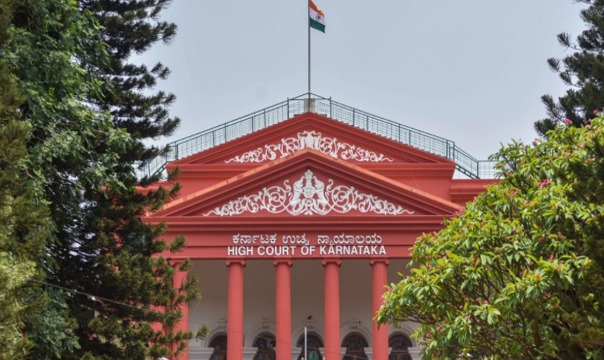
The Karnataka High Court recently directed the state government to convene the Life Convicts Release Committee once every two months to review and pass orders on applications for premature release/remission made by life-sentenced convicts.
A single-judge bench led by Justice M Nagaprasanna issued the directive while hearing a petition filed by convict Omkarmurthy, who has been imprisoned for more than 16 years.
The prison authorities have issued certificates in favor of the petitioner, noting that his behavior has been exemplary throughout. The petitioner is seeking his premature release/remission on all of the aforementioned grounds.
However, the Chief Superintendent of Police did not present his plea to the Committee.
The petitioner’s counsel informed the bench that the Committee is required to meet once every two months, six times a year, but the Committee has not met in the last six months, and thus the petitioner’s application to consider his premature release has not been able to be placed before the Committee.
The government’s counsel countered that the Committee is scheduled to meet in March to discuss the petitioner’s and similar cases on their merits. The Government would make an effort to meet frequently.
The bench cited the Supreme Court’s judgments in the case of Sondhar v. State of Chhattisgarh and Karuna Shankar v. Uttar Pradesh.
“What would unmistakably emerge is that, the Committee though would not meet 8 times a year, but should at least meet 6 times a year, which would mean once in two months, as the life convicts are statutorily entitled for consideration of their premature release in terms of the guidelines notified by the State,” said the court.
Noting that cases involving lifers who qualify for consideration of their early release should be taken into account without wasting any time a bench declared:
“The Committee has not met for the last 8 months which has resulted in a plethora of cases being filed before this Court seeking a mandamus only to place those applications before the committee in the ensuing meeting. When the meeting would ensue the State itself is not aware, as no concrete date is being divulged for the committee to meet.”
The bench stated till such time that the application of the petitioner would merit consideration before the committee, he would be entitled to be released on parole, “in accordance with law, for a period that the Authorities of the jail would prescribe or till such time, the committee would meet and consider the case of the petitioner.”




